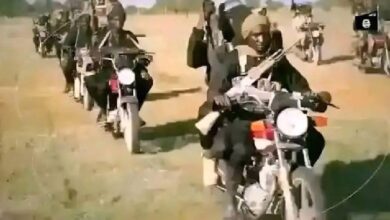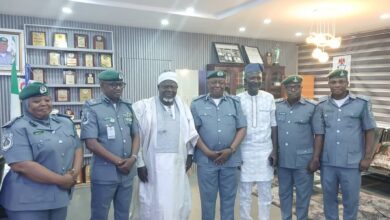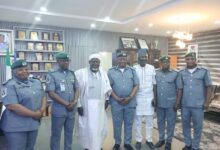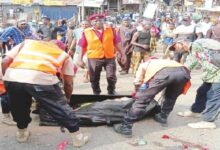Fulani Council bans night, under-aged grazing, firearms use by herders in South West

By BASHIR ADEFAKA
“We condemn in totality any act of banditry, kidnapping, farmland destruction, and any form of farmer-herder conflict that could be linked to the Fulani community, as we charge the Security Agencies, specifically the Office of the National Security Adviser, to be deeply committed to fishing out the criminal element and their conspirator within the host communities while we charge media houses to report responsibly to mitigate ethnic profiling.”
In its considered effort to bring lasting peace to farmers/herders clashes and sustain existing cordial relationship between them and their settlements’ host communities, the Council of Fulani Chiefs of South West Nigeria has called for a holistic measure stopping the menace of insecurity in the region and, by extension, Kwara State in North Central Nigeria.
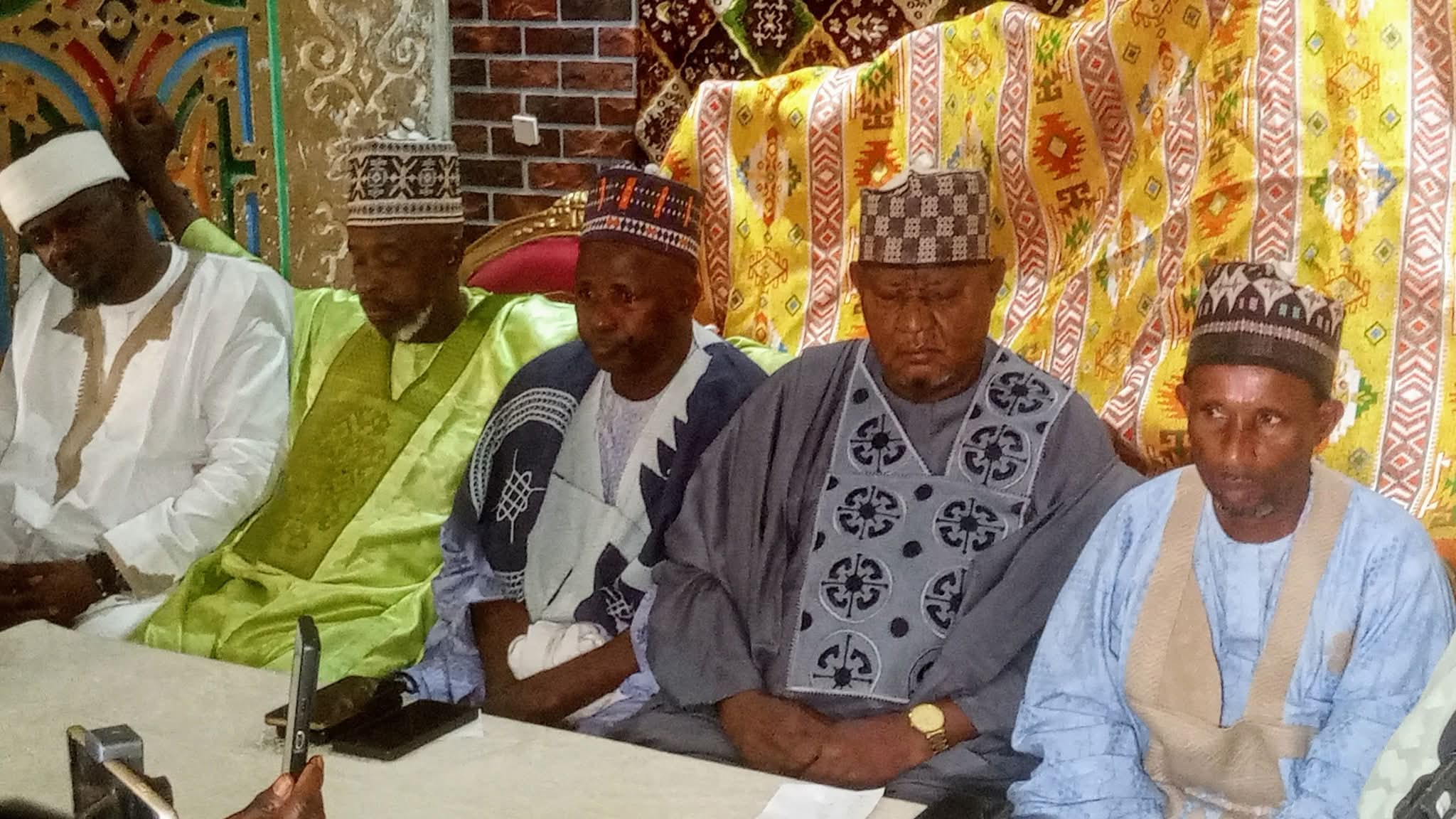
This was contained in an address read by Chairman of the Council and Sarki Fulani of Lagos, His Highness Alhaji Mohammed Abubakar Bambado II, during a world press conference held in Lagos on Sunday September 7, 2025.
Alhaji Bambado II said, “The council unanimously, with strong terms, affirms an absolute ban on Night grazing, Underage grazing, and herders carrying firearms and other related dangerous weapons that are not relevant to the profession. This indeed will contribute to effective sanity and peace in the sector,” he said.
Recalling 200 years of Fulani’s peaceful coexistence with indigenous owners of the land in Yoruba Land of South West, the chairman categorically stated that his council was firm, committed and determined to pass on to future generations, the sustained cordiality of relationship and peace that they have maintained for those two centuries.
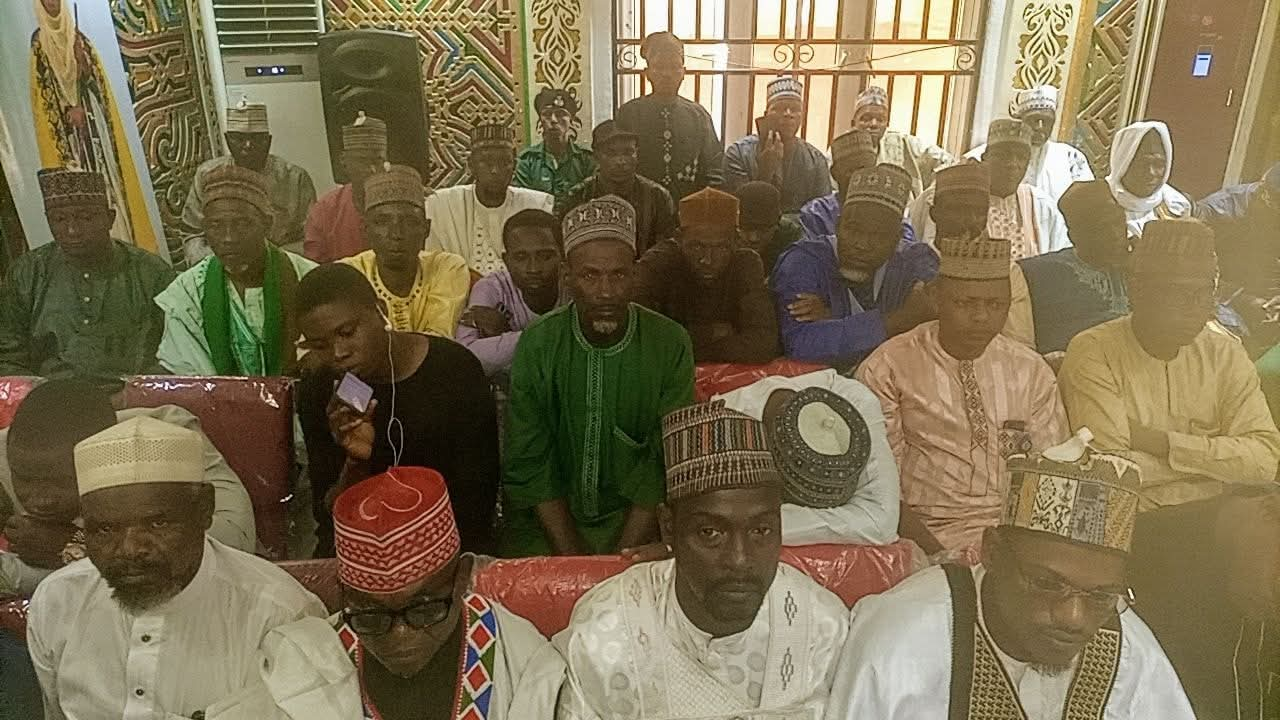
According to him, Council of Fulani Chiefs of South West Nigeria expressed its affirmation of commitment to those decisions it made which included collaboration with Development Agenda for Western Nigeria (DAWN Commission), the apex body of Fulani community in the South West, in ensuring safety and security across the region.
Condemning criminal act among its members through any direct or collaboration of any sort with locals, the Sarki Fulani of Lagos said, “We condemn in totality any act of banditry, kidnapping, farmland destruction, and any form of farmer-herder conflict that could be linked to the Fulani community, as we charge the Security Agencies, specifically the Office of the National Security Adviser, to be deeply committed to fishing out the criminal element and their conspirator within the host communities while we charge media houses to report responsibly to mitigate ethnic profiling.”
Sarki Bambado II, continuing, touched on the council’s decision as it bothers on state-to-tate ban of migrant herders, announcing his resoluteness in a total ban on excessive influx of unregulated herder “with their highly voluminous cattle, which has recently become a major cause of farmers/herders’ conflict across Southwest Nigeria.”
He said, “Considering the current security realities of the country, it becomes pertinent to discourage herder migration from one state to another and encourage modern grazing patterns at any of our respective locations that could be sustainable.”
Other decision made by the council was said to be that of ratification of the appointment of Sarkis, which Alhaji Mohammed Bambado II said must be brought under a standing rule of the organisation, adding that it will enable the body scrutinise before approving any new Sarki Fulani or representative being proposed to the council.
On achieving peace and livestock development, he said, “We have agreed to launch a comprehensive sensitisation and engagement tour to educate our people on adopting global best practices in livestock production and strict adherence to the law of the land, promoting peaceful coexistence, given the current security realities of the country.”
During the world press conference well attended by Sarki Fulani and Ardos as well as chairmen of Miyetti Allah across South West and parts of North Central, the Council Chairman disclose its decision to integrate Fulanis of Kwara State into its fold to ensure joint solution that is easy.
“Kwara State should be included under this council for a joint security solution, as any insecurity tendency I’m Kwara tends to spread into the southwest due to the close border posts through Ekiti State, Oyo State, and the Benin Republic, respectively,” he said.
Bambado, however, highlighted the need for revival of nomadic education centers across Fulani settlements in the Southwest region, sadly noting that illiteracy had been one of the major causes of insecurity in Northern Nigeria and settlements of Fulani across the Southwest.
“Revival of nomadic education centers across Fulani settlements in the Southwest, Nigeria. It has been established that illiteracy is one of the major causes of insecurity in Northern Nigeria and settlements of Fulani across the Southwest. The significant decline in the establishment of nomadic schools at Fulani settlements is a threat to the future of our teeming youths,” he said.
The South West Fulani leader rounded up his speech with explaining the decision his council made on data collection to to enable it know its members and their cattle for easy management.
“The data collection will be named ‘Cattle Farmers Data Collection across Southwest ‘, which will be launched for proper documentation and developmental planning purposes,” adding by unanimously banning the violent festival of Fulani community across the region that often leads to loss of lives and severe injuries on members. “These were cultures that do not really align with the current security realities of the country,” said Alhaji Bambado II.
The DEFENDER reports that the Council of Fulani Chiefs of South West Nigeria, by the decisions it read out to the world press conference on Sunday, has taken proactive steps towards promoting peace, security, and harmonious coexistence between Fulani herders and host communities in the region.
By banning activities that contribute to conflict, such as night grazing and carrying firearms, as well as advocating for modern grazing practices and education, the council is working towards sustainable solutions to longstanding issues.
Their collaboration with DAWN Commission and other stakeholders, as well as the decision to integrate Kwara State into their fold, demonstrates a commitment to addressing security challenges in a comprehensive manner.
The emphasis on data collection and documentation shows a forward-thinking approach to managing the Fulani community and their livestock.
Overall, the council’s efforts to promote peace and foster development within their community are seen by many as commendable, as it is hoped that these measures will contribute to a more peaceful and prosperous future for all stakeholders involved.



